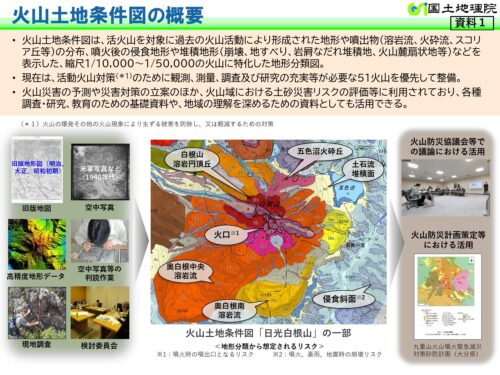2025-05-20 デラウェア大学(UD)
<関連情報>
- https://www.udel.edu/udaily/2025/may/study-forest-carbon-credits-rodrigo-vargas/
- https://agupubs.onlinelibrary.wiley.com/doi/10.1029/2024EF005414
真実:森林炭素プロトコルは高品質のクレジットを保証できるか? Ground-Truth: Can Forest Carbon Protocols Ensure High-Quality Credits?
R. Sanders-DeMott, L. R. Hutyra, M. D. Hurteau, W. S. Keeton, K. S. Fallon, W. R. L. Anderegg, D. Y. Hollinger, S. E. Kuebbing, M. S. Lucash, E. M. Ordway, R. Vargas, W. S. Walker
Earth’s Future Published: 15 May 2025
DOI:https://doi.org/10.1029/2024EF005414

Abstract
Forests have substantial potential to help mitigate climate change. Private finance channeled through carbon credits is one way to fund that mitigation, but market-based approaches to forest carbon projects have been fraught to date. Public skepticism of forest carbon markets signals a need to closely scrutinize the system for certifying carbon credits. We rigorously reviewed and scored new and existing protocols for the voluntary and North American compliance carbon markets. We included protocols for forest projects engaging in improved forest management, afforestation/reforestation, and avoided planned forest conversion. Most protocols score poorly overall, and none were assessed as robust. Only one new protocol that had yet to issue credits at the time of our evaluation was assessed as satisfactory, owing to improvements in the approach to additionality demonstration. We conclude that existing protocols do not ensure carbon credits are consistently real, high-quality, and accurately represent 1 tonne of avoided, reduced, or removed emissions. We offer recommendations for how protocols can be strengthened using existing data and new tools to promote reliably high-quality credits. Continuing to rely on the status quo without such investments is a serious risk to climate change mitigation, and in our estimation, these proposed improvements would increase the likelihood that forests carbon projects can deliver their promised climate mitigation benefits.
Key Points
- Forests are critical for mitigating climate change, and carbon markets are one way to finance projects that boost the global forest sink
- We found existing guidelines for certifying forest carbon credits do not guarantee that credits deliver their promised climate benefits
- We offer recommendations for protocols to be strengthened using existing data and new tools to promote reliably high-quality credits
Plain Language Summary
Forests have substantial potential to help mitigate climate change. Trees use their leaves to filter carbon dioxide out of the air and store it in trunks, branches, roots, and soils in forests across the globe. Forest carbon markets allow buyers to fund projects that help boost forest carbon storage by paying for credits that each represent 1 tonne of carbon stored. But many low-quality credits have made it to the market, with the potential to slow rather than accelerate climate progress. We reviewed and scored the standards for certifying forest carbon credits through the lens of our diverse forest science expertise. Our assessment found the rules of the road are too weak to guarantee that certified forest carbon credits deliver their promised climate benefits, adding substantial uncertainty into the market and risking certification of worthless credits. We developed a set of actionable recommendations to improve the forest carbon market system that we believe would increase the quality of forest carbon credits.



